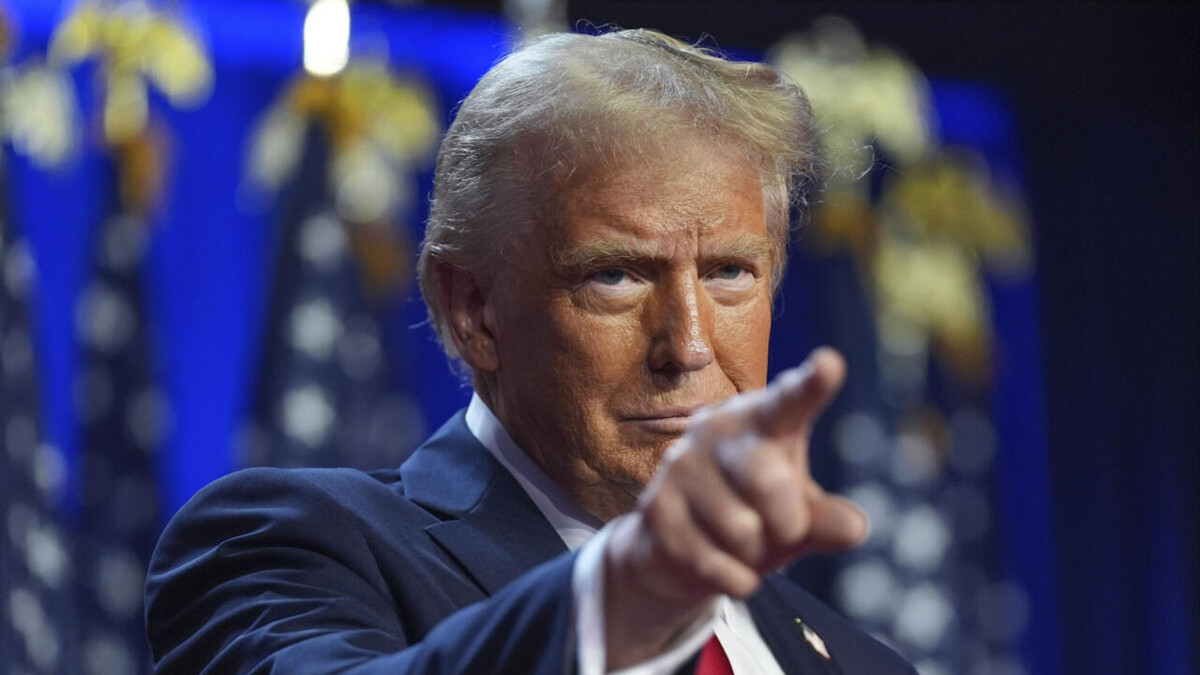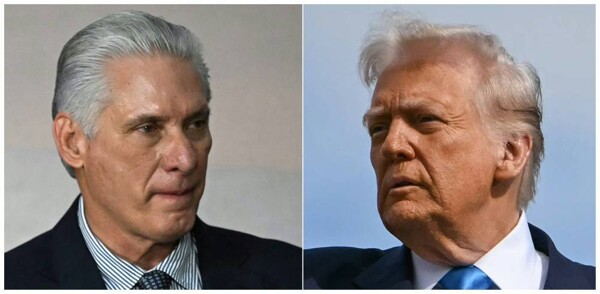
According to Congressman Mario Díaz Balart, the dictatorships of Venezuela, Nicaragua, and Cuba will not be able to withstand four years of the Trump administration. The Trump effect has already begun to generate panic in these regimes, with the release of political prisoners in Venezuela, the expulsion of opponents in Nicaragua, and an increase in repression in Cuba.
The first two years will be vital to ensure support from the Senate and Congress in the fight against these communist tyrannies. The opponents of these countries have initiated approaches with the Trump administration, considering this as a possible last chance to end the dictatorships.
In the case of Cuba, with nearly two thousand political prisoners, Maduro's regime in Venezuela is shown to be fearful, seeking negotiations and clemency, although it does not relinquish power. Meanwhile, the Ortega regime in Nicaragua is also in panic mode, with repressive actions and exiles.
Republican Congressmen Michael Waltz and Marco Rubio have become nightmares for these dictatorships, and it is expected that they will bring the issue to Trump's desk. The relationship of these regimes with Iran, Russia, and China is perceived as a threat to the national security of the United States, which has led to a shift in focus and a firmer stance from the new administration.
Amid this uncertainty, the regimes of Cuba, Venezuela, and Nicaragua are attempting to seek agreements with Trump, but panic is evident. Maduro has shown fear and expressed his desire to dialogue with his arch-enemy. For his part, Ortega in Nicaragua has intensified repressive actions and exiles in an attempt to remain in power.
The author of the article is an exiled journalist with experience in international relations, who points out that espionage activity in these countries has increased as they prepare to face the new positioning of the United States towards the dictatorships.














